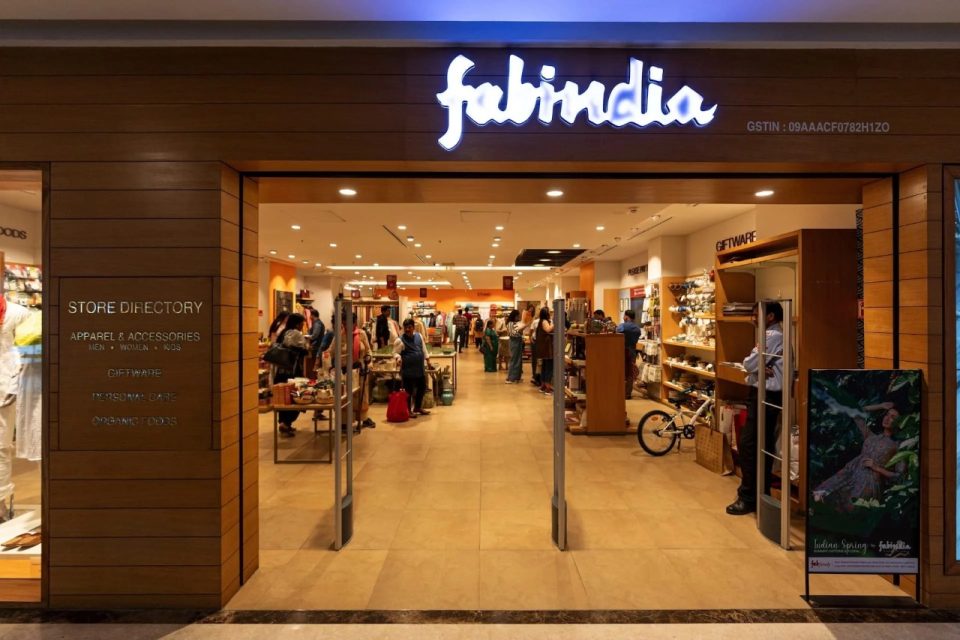Fabindia narrowed its losses after sales rose 29% in FY22, reversing a contraction in revenue in the first year of the pandemic.
The ethnic retailer posted a net loss of Rs 39 crore on revenue of Rs 1,392 crore in the year to March 2022, according to documents filed with the Registrar of Companies and obtained from business intelligence firm AltInfo. The 60-year-old company, known for selling ethnic products mainly from rural areas, posted a net loss of Rs 117 crore on revenue of Rs 1,081 crore in FY21, its worst performance in 20 years.
“With the easing of Covid-19 pandemic-related restrictions starting in June 2021, customer sentiment improved further through the festive season and an expanded retail store mix, with the revenue trajectory continuing to improve sequentially through the end of the year. Temporary Covid-19 restrictions imposed after three waves of outbreaks impacted relative operating results for several weeks between January and February 2022, but revenue has since rebounded, leading to a marked improvement in overall performance,” Fabindia in its regulator said.
The company has received approval for Sebi’s Rs 4,000 crore IPO. During the year, most retailers recovered from Covid restrictions and disrupted pre-pandemic sales due to increased mobility, office reopenings and social distancing.
While India remains a largely unorganised market for traditional and ethnic products, several retailers from leading department store chains have been offering a modern twist to the ethnic clothing segment, fueling interest in Fabindia, which has more than 300 stores. For example, Aditya Birla Fashion and Retail (NSE 1.24%) accelerated its growth in branded ethnic wear by acquiring Jaypore, investing in Shantanu & Nikhil, Tarun Tahiliani and Sabyasachi and announcing two new organic products – Marigold Lane and Tasva compete.
Fabindia was founded in 1960 by John Bissell to promote the handicraft traditions of India. It started as an exporter of household goods and opened its first retail store in Delhi’s Greater Kailash area 15 years later. In the mid-1990s, Bissell’s son William took over the company. In 2000, the company added to its non-textile product line and launched organic food and personal care products a decade earlier. A few years ago, Fabindia launched four business units (SBUs) – Home and Lifestyle, Personal Care, Fabcafé and E-Commerce – to strengthen its focus and expansion.






